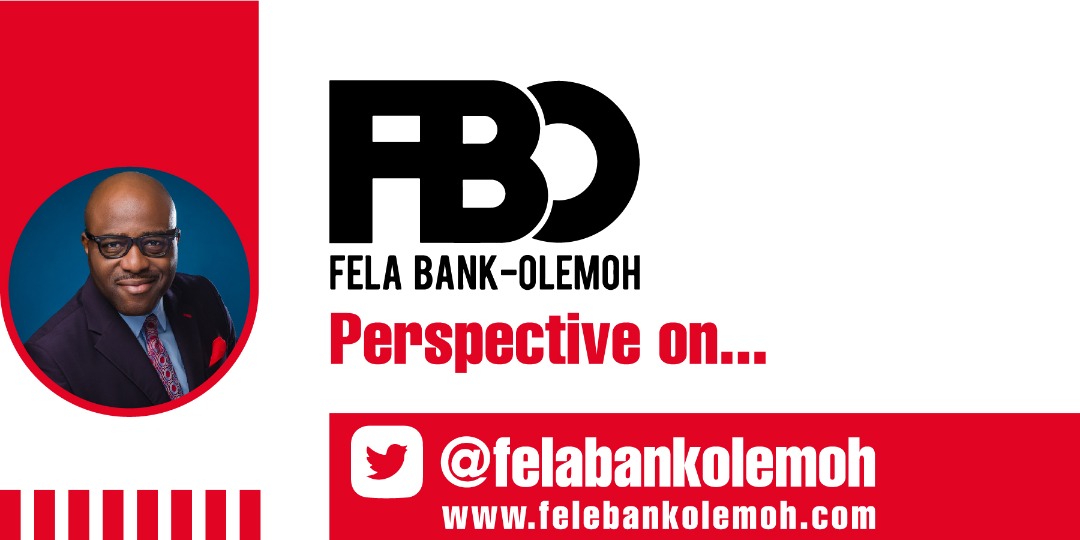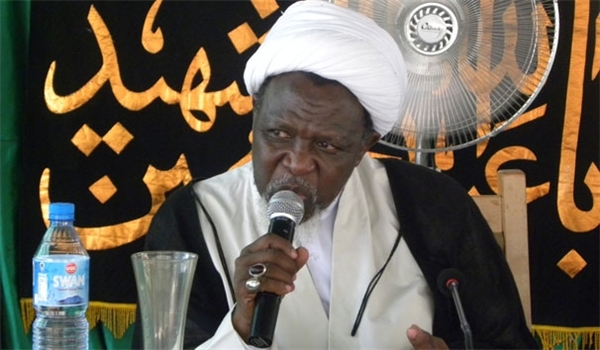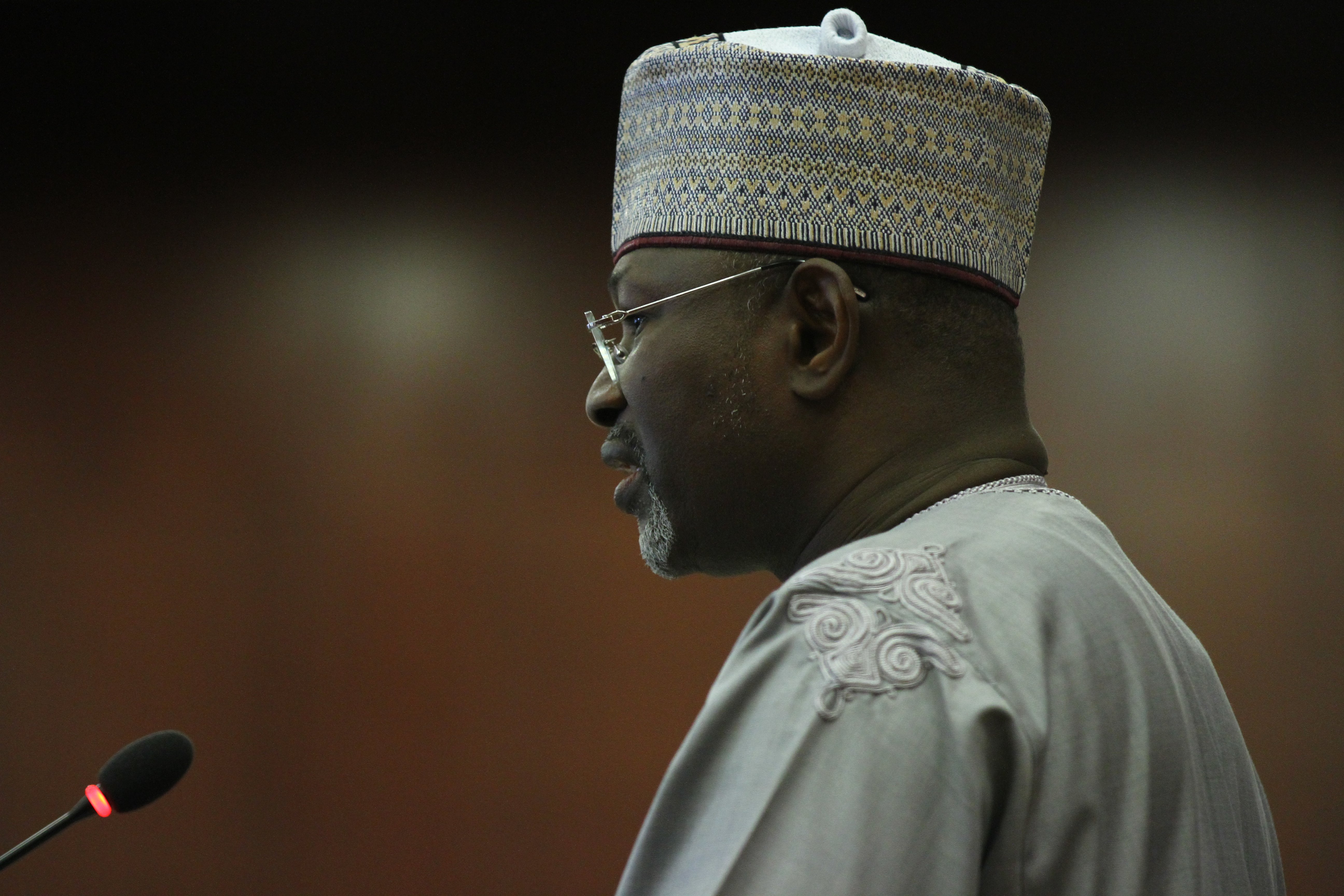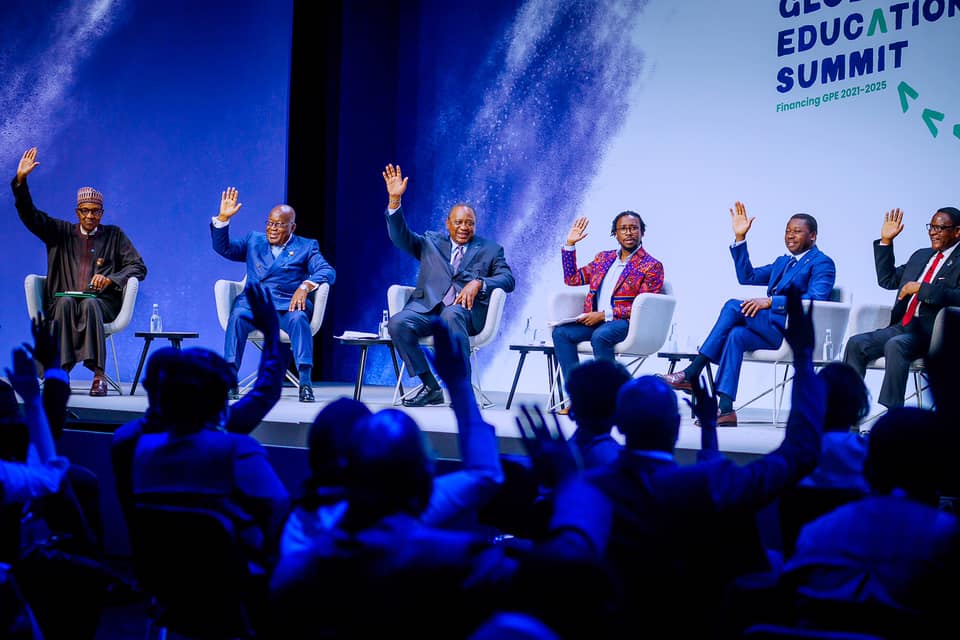The Nigerian Government and the United Nations International Children’s Emergency Fund, (UNICEF) launched the Generation Unlimited Nigeria Programme (GenU) in Abuja on 26th July 2021. GenU is a United Nations program which was launched in September 2018 in collaboration with over 200 partners. As at today, it has reached more than 100 million young people through innovations and programmes in over 40 countries across six continents. In Africa, GenU has been launched in Kenya, Rwanda, Ethiopia, South Africa, The Republic of the Niger and now in Nigeria.
Hence, this article and my next one will elucidate some of GenU’s programmes and the intended outcomes of its implementation in Nigeria.
What is Generation Unlimited?
Generation Unlimited (GenU) is a global multi-sector partnership to meet the urgent need for expanded education, training and employment opportunities for young people, aged 10 to 30, on an unprecedented scale by 2030. Since its inception at the 73rd United Nations General Assembly in September 2018, GenU has sparked interest from governments, business leaders and other important stakeholders committed to coordinating efforts around young people for large-scale impact.
Advertisement
Globally, GenU is chaired by Mr. Alan Jope (C.E.O of Unilever) and co-chaired by Ms. Henrietta Fore (Executive Director, UNICEF). With leadership from UNICEF, World Bank, Governments of Ireland and Netherlands, Dubai Cares, Unilever and others, Generation Unlimited is developing a powerful approach to bridge education, and training to employment and entrepreneurship on a massive scale.
GenU is a public-private partnership to co-create and support investment opportunities, programmes and innovations at a large scale and to help young people become more productive in life. Additionally, investment in young people through GenU will potentially contribute directly in accelerating the results for the realization of Agenda 2030. This Agenda under the Sustainable Development Goals includes; access to quality education, gender equality, decent work, economic growth, industry innovation etc. This will also help to operationalize the vision and priorities of the UN Youth Strategy, which focuses on youth engagement, participation and advocacy.
The partnership also brings together the private sector, governments, multilateral organizations, civil society and young people to achieve the following:
Advertisement
- Identify scalable and bankable initiatives and global breakthroughs that attract partnerships and investment for better education, skills, entrepreneurship and employment for millions of young people.
- Attract investment at global and national levels to make effective programmes grow and achieve results for millions of young people.
- Scale innovations by brokering investments and shared value partnerships in areas such as digital connectivity, remote learning, work, entrepreneurship, job-matching platforms, mental health and the green economy.
- To co-create solutions with the youth to ensure they are the drivers and agents of social change.
Understanding Our Generations
One of the things that defines every generation is the prevailing technology and innovation that they experience during their lifetime, particularly the rapid evolution of how people communicate and interact with each other. For instance, the Baby Boomers Generation (born 1946 to 1964) grew up as television expanded dramatically, changing their lifestyles and connection to the world in fundamental ways. Generation X (born 1965 to 1980) grew up as the computer revolution was taking hold, and Millennials (born 1981 to 1996) came of age during the internet explosion.
More recently, members of iGen or Generation Z (born 1997 or after) are the first to grow up with smartphones. The reality is – if we drill down on these Gen Z-ers, we see a life cycle impacted by technological developments which is typified by extremely fast internet, social media, texting, access to a plethora of material, which enables broadened knowledge and proactive learning. This has also resulted in a generation of youth that are innovative, talented yet restless which has both beneficial and not so beneficial implications. On the down side, excessive screen time, lack of physical social interaction, withdrawal from society, etc. can exacerbate feelings of isolation and result in underdeveloped social skills.
Thus, it is a generation with unrestricted access to technology and an unending cyberspace of resources not limited by location and nationality but leveraging on the ability to have unique cyber identities. With over 65 million young people (10-24), Nigeria has one of the world’s largest young populations. It is undeniable that our country’s youths are the nation’s present and future. Hence, there is no better time than now to upscale our current investment by proactively and productively engaging the youths for Nigeria to have a brighter future.
Advertisement
GenU Nigeria
The aim of GenU Nigeria is to guarantee that every young Nigerian between the ages of 10 – 30 is enrolled in some type of education, learning, training or work by 2030. The strategic goals of GenU Nigeria strive to address the most pressing challenges confronting young Nigerians in education, learning, employment, entrepreneurship and empowerment.
In the process of establishing GenU Nigeria, online and offline consultations were conducted with young people in and out of school (aged 10-24yrs) across eleven States and Federal Capital Territory (FCT). This was done to understand their daily realities, challenges and aspirations as well as to find out what areas were most relevant to them. After extensive research with critical stakeholders over the past two years, GenU Nigeria has streamlined its initiatives to focus on three key components;
- Digital Skills Development
- Workforce Readiness Programme (Entrepreneurship/ Apprenticeship)
- Youth Engagement
“If people are informed they will do the right thing. It’s when they are not informed that they become hostages to prejudice.” – Charlayne Hunter-Gault
Advertisement
To this effect, we have the opportunity to turn this youth bulge into a “demographic dividend” by actively and productively engaging them to power sustainable economic development.
In my next article, I will delve into the three key components of GenU Nigeria’s initiative.
Advertisement
Till the next time we meet here, remember we all have “A Role to Play.”
FelaBank-Olemoh is Senior Special Assistant to the President on Education Interventions.
Advertisement
Views expressed by contributors are strictly personal and not of TheCable.







